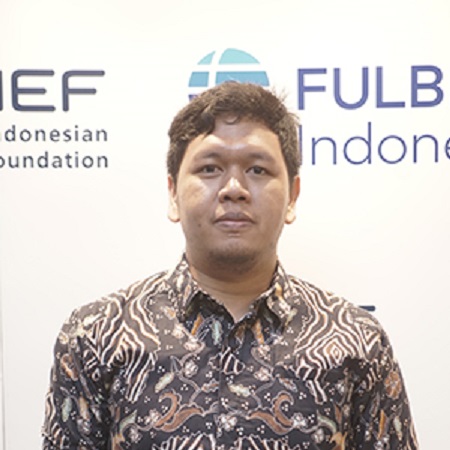Indonesia
Hub: Universitas Gadjah Mada, Indonesia
Title: Intelligent Early Warning and Response System Based on Health System Routin Data and Environment Data to Improve National Health Resilience.
Team Members
General Objectives
To develop artificial intelligence model to predict spread of infectious disease outbreak by combining health system routine data and environment data.
Specific Objectives
1. Evaluate existing EWARS application and implementation.
2. Improving national capacity in development and implementation of AI solution for pandemic preparedness.
3. Improving regulation and policy on AI-based decision making tools.
4. Develop AI model to augment capacity and functionality of the existing EWARS.
5. Enhancing inclusivity and representativeness of current EWAR
Image Gallery
Intelligent Early Warning and Response System Based on Health System Routine Data and Environment Data to Improve National Health Resilience
Context: Since the declaration of COVID-19 as a pandemic in early 2020, the virus has caused over 767 million cases and 6.9 million deaths globally, with Indonesia recording over 9 million cases and 290,000 deaths as of February 2023. The pandemic exposed significant challenges in Indonesia’s preparedness and response, including limited healthcare resources, especially in rural and remote areas, ineffective public health messaging, and a shortage of trained epidemiological personnel. These issues were more acute in less populated regions compared to areas like Java, Bali, and Sumatra. Although Indonesia has implemented an Early Warning Alert and Response System (EWARS) since 2009, its effectiveness during the early stages of the outbreak was limited. Moving forward, addressing disparities in healthcare resources, improving public health communication, and leveraging AI innovations to support regional health offices and public health centers are critical to enhancing outbreak responses and preventing future crises.
Implementation Research:
The project were implemented by Center for Tropical Medicine, Faculty of Medicine, Public Health, and Nursing, Universitas Gadjah Mada, Indonesia comprised of multidisciplinary researchers excel in implementation research, health information system, artificial intelligence, and epidemiology. The objective were to develop artificial intelligence model to predict spread of infectious disease outbreak by combining health system routine data and environment data.
Research in action:
The team reviewed infectious disease surveillance system and done several focused group discussion with Ministry of Health and Provincial Health Office in Yogyakarta, one of largest region in Indonesia with problem in controlling dengue infections. The team work closely with Ministry of Health and Disease Control and Prevention in Provincial Health Office to develop solution using artificial intelligence techniques.
Results and next steps:
The team currently developing and validating prediction model to predict number of dengue illness and also dengue outbreak based on environment data and online consultation, focusing in one region in Indonesia (Yogyakarta). Based on their suggestion, the team also in the process to develop solution to ensure the quality of syndromic disease surveillance data collection at healthcare facility level using large-language model (LLM) from electronic medical record data.











